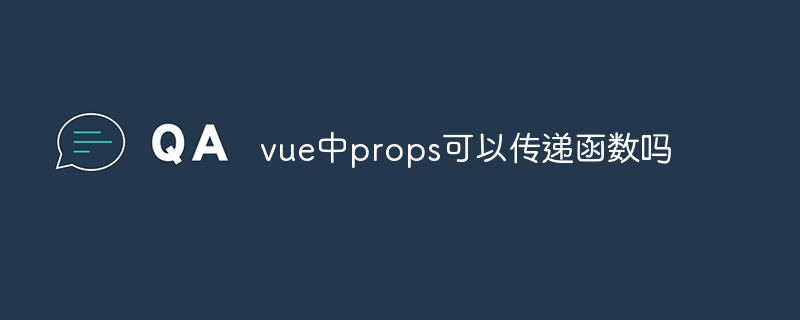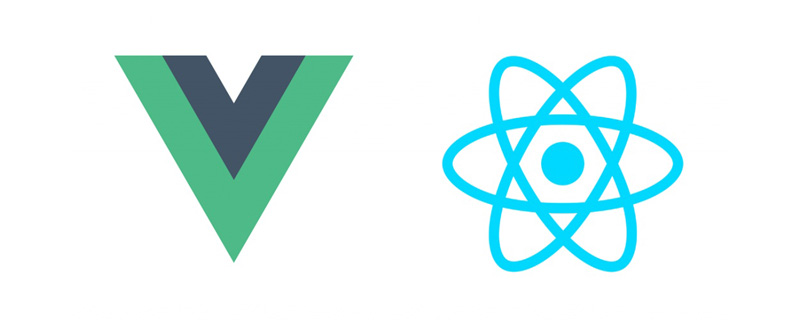
Vue component library recommendation: Vuetify in-depth analysis
Introduction:
With the popularity of Vue.js, more and more developers choose to use Vue. Build their web application. In the Vue ecosystem, component libraries play a very important role, helping developers improve development efficiency and reduce duplication of work. Among the many Vue component libraries, Vuetify is a highly respected choice. This article will provide an in-depth analysis of Vuetify and provide specific code examples.
- What is Vuetify?
Vuetify is an open source component library based on Vue.js. It provides rich UI components and powerful functions to help developers quickly build beautiful and powerful web applications. Compared with other component libraries, Vuetify focuses more on providing Material Design style UI components. - Vuetify’s advantages
- Material Design style: Vuetify’s UI components are designed based on Google’s Material Design specifications, so they have a modern, beautiful, and intuitive style, and are very suitable for Build responsive web applications.
- Rich component library: Vuetify provides a large number of components and tools, including buttons, cards, tables, forms, navigation bars, etc. These components can help developers quickly build complex UI interfaces, and are all passed With careful design and optimization, it can help developers improve user experience.
- Responsive layout: Vuetify has a powerful built-in responsive layout system, allowing developers to easily handle layout issues on different devices and screen sizes, thereby ensuring that web applications have good performance on different devices. Display of results.
- Customization capabilities: Vuetify provides a wealth of theme options and the ability to customize components, allowing developers to freely customize according to their own needs. In addition, Vuetify also supports multi-language and internationalization and can provide globally adapted solutions.
- Usage of Vuetify
First, we need to install Vuetify in the Vue project. You can install it through npm or yarn:
npm install vuetify
or
yarn add vuetify
Then, introduce Vuetify in the main.js file and configure the Vue instance:
import Vue from 'vue'
import Vuetify from 'vuetify'
import 'vuetify/dist/vuetify.min.css'
Vue.use(Vuetify)
const vuetify = new Vuetify()
new Vue({
el: '#app',
vuetify,
render: h => h(App)
})Connect Next, we can use Vuetify's UI components and functions in Vue components. Here is a simple example that shows how to use Vuetify’s button component:
<template>
<v-app>
<v-btn color="primary">Click me</v-btn>
</v-app>
</template>
<script>
export default {
name: 'App',
}
</script>
<style>
</style> In the above example, we used Vuetify’s v-app and v-btn component to create an application with a blue button.
- Summary
Vuetify is a powerful and easy-to-use Vue component library. It provides rich Material Design style UI components and powerful functions, which can help developers quickly build beautiful and Powerful web application. Through the introduction and code examples of this article, I believe everyone has a deeper understanding of Vuetify, and I hope it can help you better use Vuetify to develop Vue projects.
The above is the detailed content of Vue component library recommendation: Vuetify in-depth analysis. For more information, please follow other related articles on the PHP Chinese website!
 vue中props可以传递函数吗Jun 16, 2022 am 10:39 AM
vue中props可以传递函数吗Jun 16, 2022 am 10:39 AMvue中props可以传递函数;vue中可以将字符串、数组、数字和对象作为props传递,props主要用于组件的传值,目的为了接收外面传过来的数据,语法为“export default {methods: {myFunction() {// ...}}};”。
 聊聊vue指令中的修饰符,常用事件修饰符总结May 09, 2022 am 11:07 AM
聊聊vue指令中的修饰符,常用事件修饰符总结May 09, 2022 am 11:07 AM本篇文章带大家聊聊vue指令中的修饰符,对比一下vue中的指令修饰符和dom事件中的event对象,介绍一下常用的事件修饰符,希望对大家有所帮助!
 如何覆盖组件库样式?React和Vue项目的解决方法浅析May 16, 2022 am 11:15 AM
如何覆盖组件库样式?React和Vue项目的解决方法浅析May 16, 2022 am 11:15 AM如何覆盖组件库样式?下面本篇文章给大家介绍一下React和Vue项目中优雅地覆盖组件库样式的方法,希望对大家有所帮助!
 react与vue的虚拟dom有什么区别Apr 22, 2022 am 11:11 AM
react与vue的虚拟dom有什么区别Apr 22, 2022 am 11:11 AMreact与vue的虚拟dom没有区别;react和vue的虚拟dom都是用js对象来模拟真实DOM,用虚拟DOM的diff来最小化更新真实DOM,可以减小不必要的性能损耗,按颗粒度分为不同的类型比较同层级dom节点,进行增、删、移的操作。


Hot AI Tools

Undresser.AI Undress
AI-powered app for creating realistic nude photos

AI Clothes Remover
Online AI tool for removing clothes from photos.

Undress AI Tool
Undress images for free

Clothoff.io
AI clothes remover

AI Hentai Generator
Generate AI Hentai for free.

Hot Article

Hot Tools

PhpStorm Mac version
The latest (2018.2.1) professional PHP integrated development tool

Dreamweaver Mac version
Visual web development tools

Notepad++7.3.1
Easy-to-use and free code editor

MinGW - Minimalist GNU for Windows
This project is in the process of being migrated to osdn.net/projects/mingw, you can continue to follow us there. MinGW: A native Windows port of the GNU Compiler Collection (GCC), freely distributable import libraries and header files for building native Windows applications; includes extensions to the MSVC runtime to support C99 functionality. All MinGW software can run on 64-bit Windows platforms.

SublimeText3 Mac version
God-level code editing software (SublimeText3)










